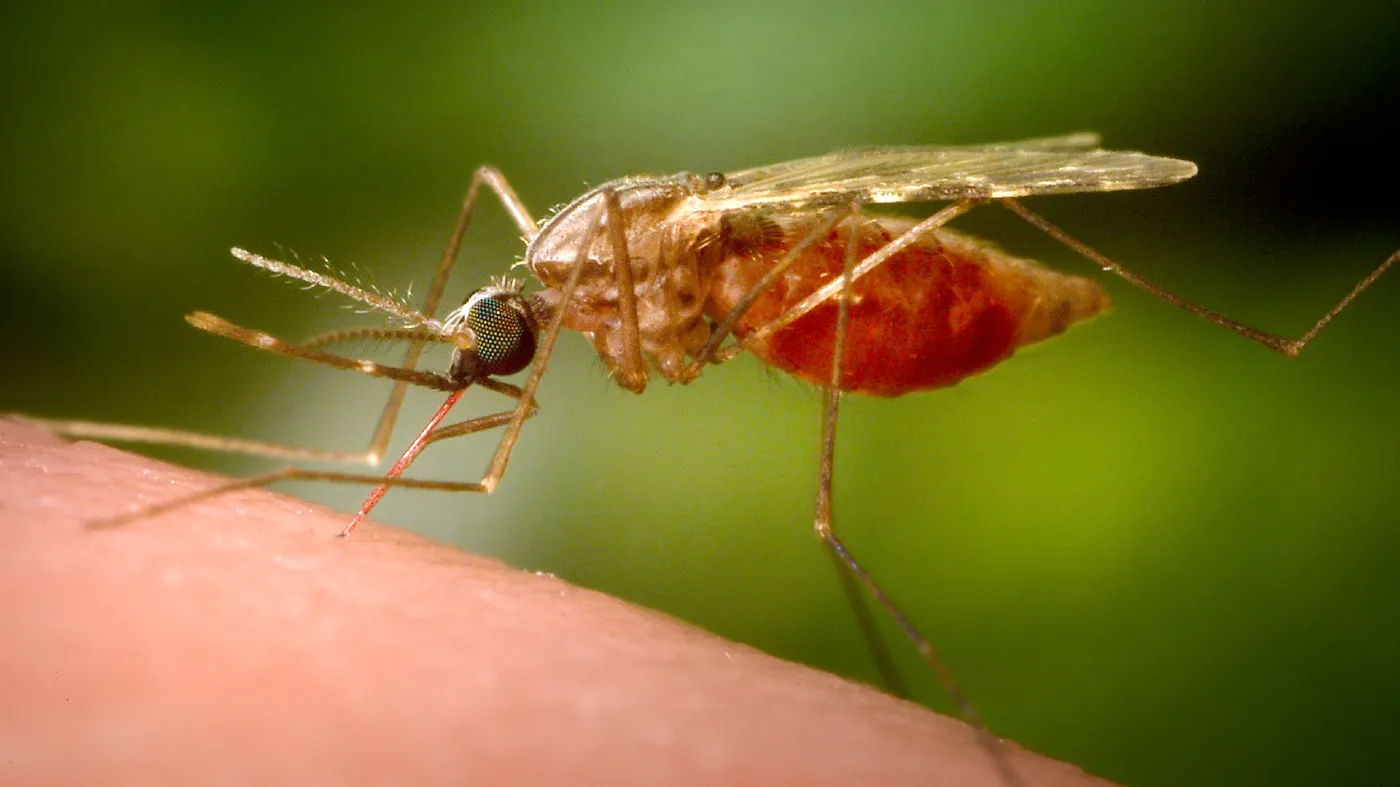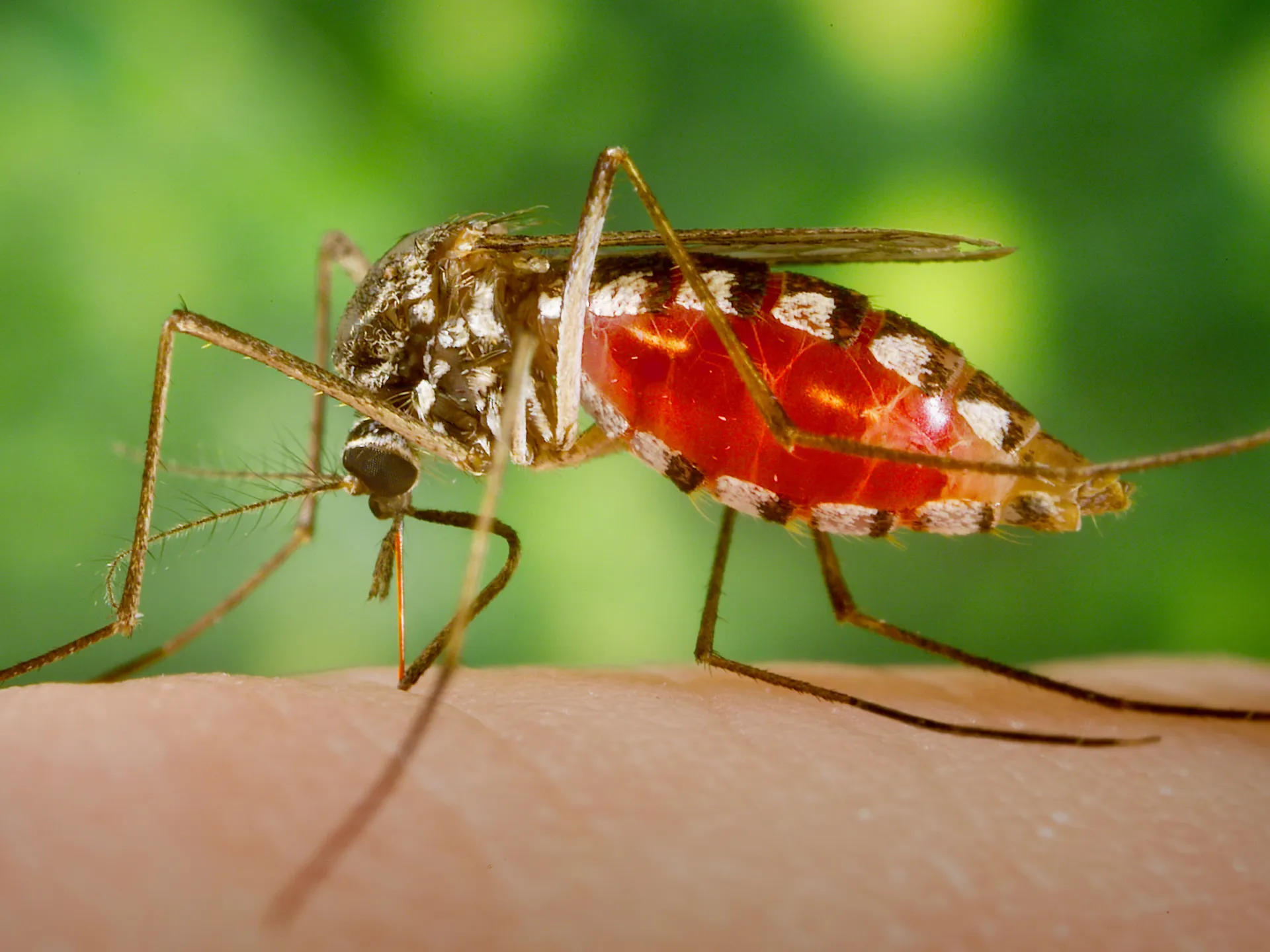State officials in Massachusetts are cautioning residents to take precautions due to an increased risk of the Eastern Equine Encephalitis (EEE) virus, which is spread by infected mosquitoes. This warning comes as several towns have been elevated to high or critical risk levels for the virus. In response, the state is implementing mosquito control measures, including aerial spraying in Plymouth County and truck-mounted spraying in Worcester County.
This warning marks the first significant EEE outbreak in Massachusetts in four years, prompting the Department of Public Health to act. Commissioner Robbie Goldstein emphasized the seriousness of the situation, urging communities to use all available resources to reduce the risk of infection. He also called on residents to contribute by taking personal precautions against mosquito bites.

Residents are advised to wear long pants and long-sleeved clothing while outdoors, especially during peak mosquito activity times, and to use insect repellent. These preventative measures are crucial in minimizing the risk of contracting the EEE virus, which can have severe health consequences if it progresses to serious stages.
According to the Centers for Disease Control and Prevention (CDC), most people infected with the EEE virus do not exhibit symptoms. However, those who do may experience anything from mild fever to severe neurological conditions. The virus can be fatal if it causes encephalitis, an inflammation of the brain, with about one-third of encephalitis cases resulting in death. Survivors of the condition may require long-term care.
In light of the increased risk, town officials in Plymouth, Massachusetts, have decided to close public parks from dusk to dawn to minimize residents’ exposure to mosquitoes. This decision comes shortly after the state confirmed its first human case of EEE this year on August 16 in Worcester County, highlighting the importance of taking immediate and effective action.
